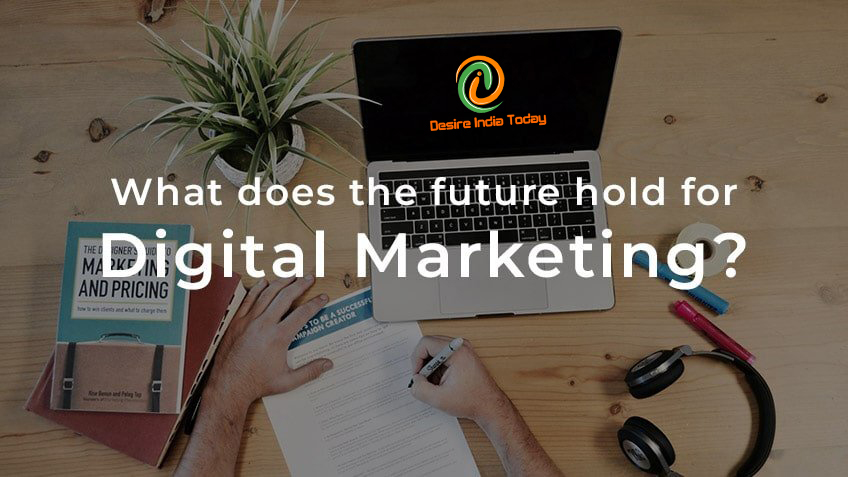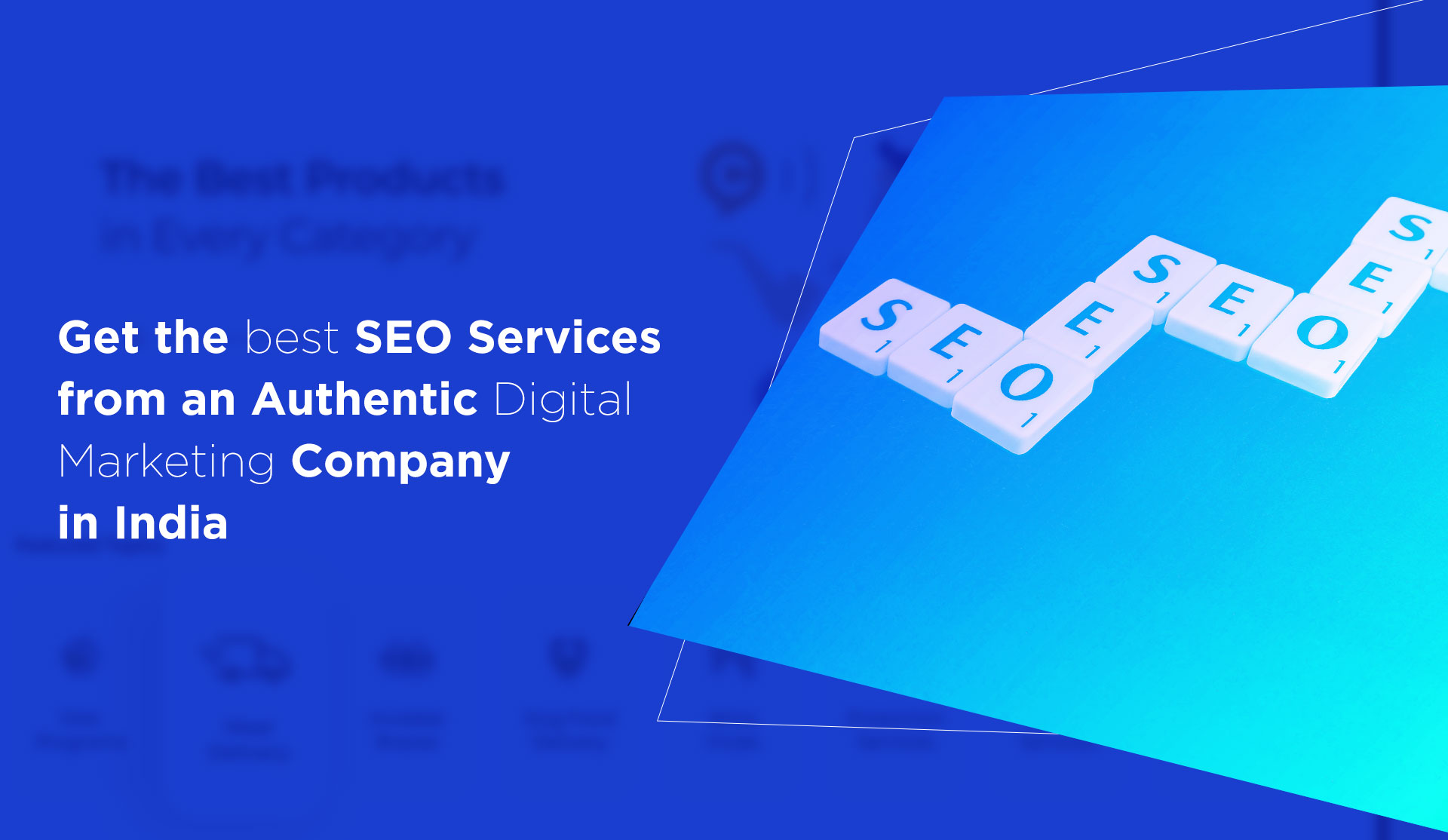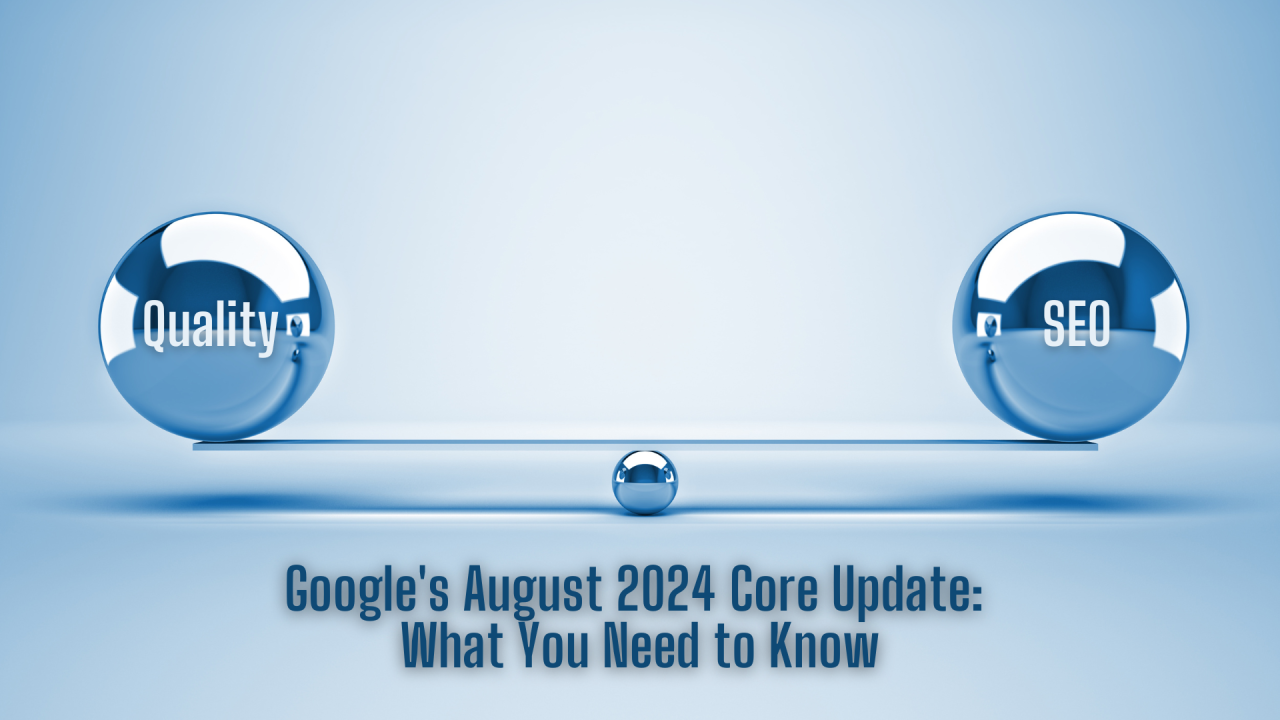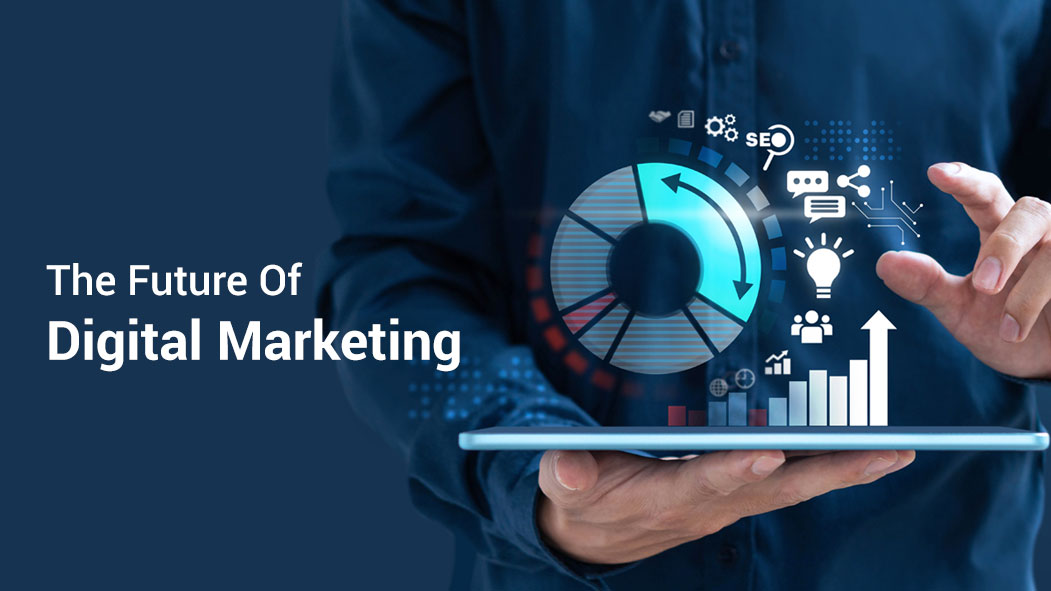if you have any question? Call Us +91(835) 393-1494
What Does the Future Hold for Digital Marketing?
As we continue to navigate a rapidly evolving digital landscape, the question on every marketer's mind is: what does the future hold for digital marketing? With emerging technologies, changing consumer behaviors, and evolving algorithms, staying ahead of the curve is crucial for success in this ever-changing industry.
In this article, we will delve into the latest trends and predictions, exploring how they will shape the future of digital marketing. From the rise of voice search and artificial intelligence to the increasing significance of personalized experiences and data-driven strategies, we will explore the key factors that will define the landscape of digital marketing in the coming years.
By understanding these trends and adapting our strategies accordingly, we can position ourselves to thrive in the digital marketplace of tomorrow. So, whether you're a seasoned marketer looking to stay on top of the latest trends or a business owner wanting to future-proof your marketing efforts, this article is your roadmap to success in the ever-evolving world of digital marketing.
The Impact of Artificial Intelligence on Digital Marketing
Artificial intelligence is revolutionizing the way marketers analyze data, automate processes, and engage with customers. By leveraging AI-powered tools, marketers can gain valuable insights into consumer behavior, preferences, and trends, allowing them to create more targeted and personalized campaigns. AI algorithms can analyze vast amounts of data in real-time to identify patterns and predict outcomes, enabling marketers to optimize their strategies for maximum impact.
One of the key benefits of AI in digital marketing is its ability to automate repetitive tasks and streamline workflows. Chatbots, for example, can provide instant customer support, answer queries, and guide users through the sales funnel, freeing up valuable time for marketers to focus on more strategic initiatives. AI can also enhance the efficiency of ad targeting, content creation, and campaign optimization, leading to higher ROI and better performance metrics.
Moreover, AI-powered predictive analytics can help marketers anticipate customer needs and behavior, allowing them to deliver more relevant and timely content. By segmenting audiences based on predictive models, marketers can tailor their messaging to individual preferences, increasing engagement and driving conversions. AI is transforming digital marketing from a one-size-fits-all approach to a highly personalized and data-driven strategy that resonates with today's consumers.
The Rise of Voice Search and its Implications for Digital Marketing
Voice search is rapidly gaining traction as more consumers turn to voice-activated devices like smart speakers and virtual assistants to find information and make purchases. This shift in search behavior has significant implications for digital marketers, who must adapt their SEO strategies to optimize for voice search queries. Unlike traditional text-based searches, voice queries tend to be more conversational and long-tail, requiring a different approach to keyword research and content optimization.
To capitalize on the rise of voice search, marketers should focus on creating content that answers specific questions and provides valuable information in a concise and easily digestible format. Featured snippets, FAQ sections, and structured data markup can help websites rank higher in voice search results and attract more organic traffic. Marketers should also consider optimizing for local search, as voice queries often have local intent, such as finding nearby businesses or services.
Furthermore, voice search presents new opportunities for brands to engage with consumers in a more personalized and interactive way. By developing voice-activated skills and applications, businesses can deliver hands-free experiences that enhance user convenience and foster brand loyalty. Marketers should explore voice search optimization as a key component of their overall digital strategy to stay ahead of the curve and meet the evolving needs of today's tech-savvy consumers.
The Importance of Mobile Optimization in the Future of Digital Marketing
With the proliferation of smartphones and tablets, mobile optimization has become a critical factor in the success of digital marketing campaigns. Mobile devices account for a significant portion of internet traffic, and consumers expect websites to load quickly and display seamlessly on their mobile screens. Marketers must prioritize mobile optimization to deliver a user-friendly experience that engages and retains mobile users.
Responsive design is essential for ensuring that websites adapt to different screen sizes and resolutions, providing a consistent browsing experience across all devices. Mobile-first design principles advocate for designing websites with mobile users in mind, focusing on simplicity, speed, and ease of navigation. Marketers should also pay attention to mobile page speed, as slow-loading sites can lead to high bounce rates and poor user experience.
In addition to website optimization, marketers should also leverage mobile-specific tactics such as SMS marketing, mobile apps, and location-based targeting to reach consumers on their mobile devices. SMS campaigns can deliver time-sensitive promotions and updates directly to customers' phones, while mobile apps offer a convenient way to engage with users and drive conversions. Location-based targeting allows marketers to deliver hyper-targeted ads to users based on their geographic location, increasing relevance and driving foot traffic to physical stores.
The Role of Social Media in Shaping the Future of Digital Marketing
Social media has become an integral part of the digital marketing landscape, offering brands a powerful platform to connect with customers, build relationships, and drive engagement. With the rise of social commerce and influencer marketing, social media is poised to play an even greater role in shaping the future of digital marketing. Marketers must leverage social channels to create meaningful interactions with their target audience and stay top of mind in an increasingly competitive online environment.
One of the key trends in social media marketing is the shift towards authentic and transparent content that resonates with consumers on a personal level. Brands that prioritize storytelling, user-generated content, and community engagement are more likely to build trust and loyalty among their followers. Social listening tools can help marketers monitor conversations, sentiment, and trends on social media, enabling them to respond quickly to feedback and adapt their strategies in real-time.
Moreover, social media advertising continues to evolve with advanced targeting options, creative formats, and interactive features that drive conversions and ROI. Marketers should experiment with different ad formats such as video ads, carousel ads, and augmented reality filters to capture users' attention and encourage action. Influencer partnerships can also help brands reach new audiences and build credibility through authentic endorsements and sponsored content.
Personalization and Customer Experience in the Future of Digital Marketing
Personalization is no longer a nice-to-have but a must-have for brands looking to stand out in a crowded digital marketplace. Consumers expect personalized experiences that cater to their individual preferences, interests, and behaviors. By leveraging data and technology, marketers can create tailored content, product recommendations, and offers that resonate with customers on a one-to-one level. Personalization drives customer loyalty, increases engagement, and boosts conversion rates.
One of the key strategies for personalization is segmentation, where marketers divide their audience into distinct groups based on demographics, behavior, and preferences. By delivering targeted messaging to specific segments, marketers can deliver more relevant and timely content that drives action. Dynamic content personalization allows marketers to customize website experiences, email campaigns, and ad creatives based on user data, leading to higher engagement and ROI.
Furthermore, artificial intelligence and machine learning play a crucial role in enabling hyper-personalization at scale. AI algorithms can analyze vast amounts of data to predict customer behavior, automate personalization efforts, and deliver real-time recommendations. Chatbots and virtual assistants can provide personalized support and recommendations to users, enhancing the overall customer experience. Marketers should invest in AI-powered tools to unlock the full potential of personalization and drive meaningful interactions with their audience.
The Future of Content Marketing and Storytelling
Content marketing continues to be a cornerstone of digital strategy, offering brands a powerful way to educate, entertain, and engage with their target audience. In the future, content marketing will be driven by storytelling that connects with consumers on an emotional level and builds brand affinity. Brands that can tell compelling stories that resonate with their audience will cut through the noise and capture attention in a crowded online landscape.
Interactive content formats such as quizzes, polls, and surveys are gaining popularity as they offer a more engaging and interactive experience for users. Brands can use interactive content to gather insights, drive engagement, and encourage social sharing. User-generated content is another trend that is shaping the future of content marketing, as consumers trust peer recommendations and authentic reviews more than branded messages. Encouraging user-generated content can help brands build credibility and foster a sense of community among their followers.
Moreover, video content is becoming increasingly important in content marketing, with platforms like YouTube, TikTok, and Instagram leading the way in video consumption. Marketers should leverage video storytelling to convey their brand message, showcase products, and connect with audiences in a more visual and compelling way. Live streaming, 360-degree videos, and interactive shoppable videos are innovative formats that can drive engagement and conversions for brands looking to stay ahead of the curve in content marketing.
The Role of Data and Analytics in the Future of Digital Marketing
Data-driven decision-making is at the core of successful digital marketing strategies, enabling marketers to measure performance, optimize campaigns, and drive business growth. In the future, data and analytics will play an even more significant role in shaping marketing strategies and delivering meaningful results. Marketers must harness the power of data to gain insights into customer behavior, preferences, and trends, allowing them to make informed decisions that drive ROI and competitive advantage.
One of the key trends in data analytics is the rise of predictive modeling and AI-powered analytics tools that can forecast customer behavior and identify patterns in data. Predictive analytics enables marketers to anticipate trends, personalize messaging, and optimize campaigns for maximum impact. By leveraging advanced analytics, marketers can segment their audience, track engagement metrics, and attribute conversions to specific touchpoints, allowing them to optimize their strategies for better performance.
Furthermore, data privacy and compliance will be critical considerations for marketers in the future of digital marketing. With regulations like GDPR and CCPA governing how data is collected, stored, and used, marketers must ensure that they are transparent about data practices and obtain consent from users before leveraging their data for marketing purposes. Building trust with consumers and respecting their privacy will be essential for brands looking to maintain a positive reputation and foster long-term relationships with their audience.
Conclusion: Preparing for the Future of Digital Marketing
In conclusion, the future of digital marketing is filled with exciting opportunities and challenges for brands looking to stay ahead of the curve. By embracing emerging trends such as artificial intelligence, voice search, and mobile optimization, marketers can create more personalized and engaging experiences for their customers. Social media will continue to play a pivotal role in shaping consumer behavior and driving brand engagement, while personalization and storytelling will be key differentiators for brands looking to stand out in a competitive landscape.
Data and analytics will be the cornerstone of successful digital marketing strategies, enabling marketers to measure performance, optimize campaigns, and deliver meaningful results. By leveraging data-driven insights and AI-powered tools, marketers can anticipate customer needs, automate personalization efforts, and drive ROI. As we navigate the ever-evolving digital landscape, adapting to changing consumer behaviors, emerging technologies, and regulatory requirements will be essential for brands looking to thrive in the digital marketplace of tomorrow.
In conclusion, the future of digital marketing is bright for those who are willing to adapt, innovate, and embrace change. By staying informed about the latest trends and technologies, marketers can position themselves to succeed in a rapidly evolving digital landscape. The key to success lies in understanding consumer behavior, leveraging data and analytics, and delivering personalized experiences that resonate with audiences. As we look towards the future of digital marketing, one thing is clear: those who are proactive and forward-thinking will be best positioned to thrive in the dynamic and competitive world of digital marketing.





